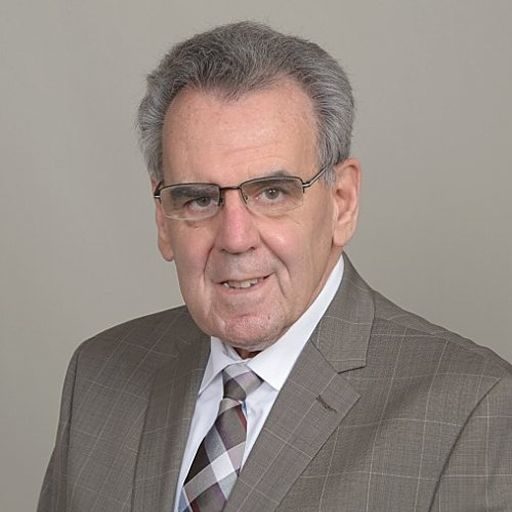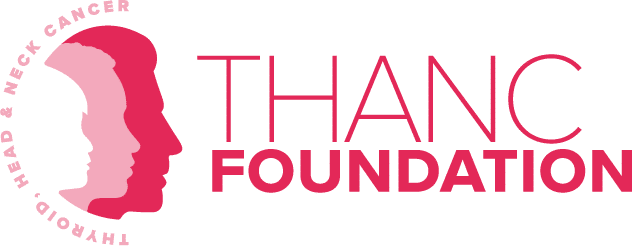
My cancer journey began at a barbecue on Father’s Day, 2017. I had just turned 63. Up until then I had been in great health—I wasn’t on any medications, rarely went to the doctor, and never had a serious illness. Suddenly, I noticed my throat was starting to feel sore. The soreness didn’t go away so I decided to see a doctor the following week.
The doctor thought it was strep throat and prescribed a 10-day course of antibiotics. They didn’t help. I was back at the doctor’s office within two weeks. The doctor felt around my neck and found some swollen glands. He decided to refer me to a head and neck specialist.
I met with the specialist, who also recognized my swollen glands. The doctor scheduled me for a biopsy, which only took a few hours. A couple days later I got a phone call—the doctor wanted to see me right away.
I returned to his office, where he broke the news to me: I had a malignant neoplasm at the base of my tongue. He referred me to a regional cancer center, where I met with an oncologist who explained my options. I could undergo an 8-week course of chemotherapy and radiation therapy, or I could have surgery. I wanted to try a less invasive approach, so I chose the former.
I continued to work through it all, and I insisted on going to my treatments on my own knowing I had the tremendous support of my family behind me.
Before my treatments began later that summer, I had to have a PEG tube put in. After the tube was placed, I started my daily radiation treatments. They began at 8 o’clock every morning and lasted for 20 minutes. For my chemotherapy, I alternated between two weekly treatments. The first treatment involved 4-hour chemotherapy sessions where my medication was administered intravenously. For the second treatment, my oncologist affixed a fanny pack to me which contained a week’s worth of medication released on a timer. It was changed every other Monday.
I continued to work through it all, and I insisted on going to my treatments on my own knowing I had the tremendous support of my family behind me. It wasn’t until the 6th week of treatment that I realized the toll it was taking on me. I decided to take a 90-day disability leave from work.
During this period, I started to attend physical therapy sessions. I also tried massage therapy to reduce the swelling in my neck. At the time, I couldn’t talk due to the damage the radiation had done to my mouth. While I eventually regained the ability to speak, I had more trouble regaining the ability to swallow despite help from my speech therapist. I couldn’t eat or drink anything, and was completely dependent on my PEG tube.
I eventually saw a head and neck specialist who attempted a dilation to help me swallow again, but my scar tissue impeded the doctor’s ability to get into my esophagus. The doctor thought that further dilation attempts would do more harm than good. I did some research to see who else I could turn to for another dilation.
…to patients going through the pain of a cancer diagnosis… have faith—it doesn’t matter what your beliefs are…
Eventually, I found another specialist who said he needed to see more before he could give a proper evaluation. He performed an endoscopy and was able to see where the damage was, but he told me he needed more flexible equipment to complete the dilation. During my second endoscopy, they were able to insert a balloon into my esophagus and open it very gently. Right after the procedure, I was able to drink liquids for the first time in a long time.
I continued to see a speech therapist who helped me start a routine to open up my esophagus through eating and drinking. I started with pureed foods, then worked up to baby foods, soups, and eventually rice. After 3 more endoscopies, I was able to have my first Thanksgiving dinner in two years. My esophagus will never completely heal, but it is close enough. I’m now totally independent. My quality of life is incredible thanks to the efforts of my medical team.
My first piece of advice to patients going through the pain of a cancer diagnosis would be to have faith—it doesn’t matter what your beliefs are. Second, always have a positive frame of mind, but don’t be afraid to get mad at your cancer. Third, put your trust in doctors and professionals, but don’t take no for an answer. Finding the right doctor to help you when your situation is complex is a worthwhile journey. Finally, there are some people who quit or don’t follow through with procedures—don’t be one of them. Take the journey one step at a time, but never stop trying to fix the next problem.

DIY At-Home Screening for Oral Cancer in 7 Steps
COVID-19 has cancelled oral cancer screenings across the globe. So here’s our 5-minute self-screening you can do while safely at home!


